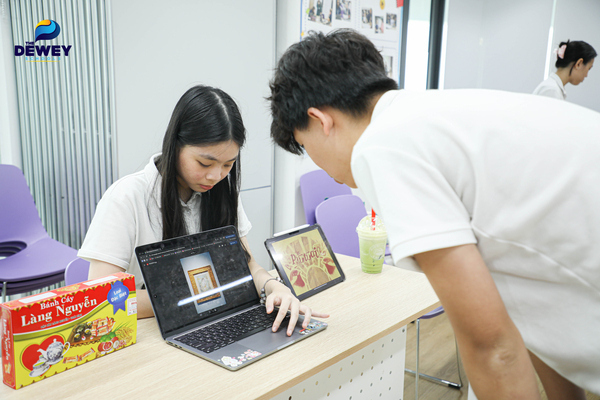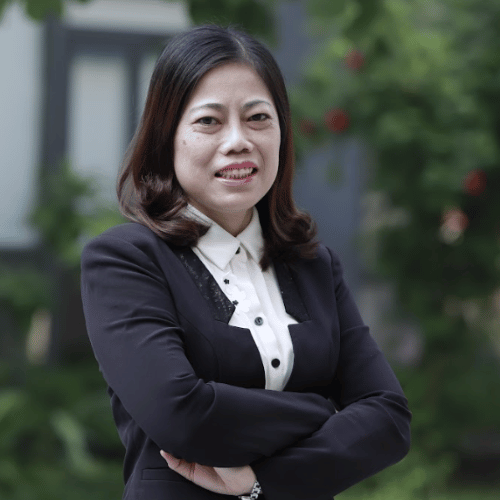In a world that’s increasingly interconnected, students need more than academic knowledge—they need the mindset to understand, respect, and engage with global issues and diverse cultures. This is where international mindedness becomes essential.
The International Baccalaureate (IB) curriculum is globally recognized not only for academic excellence but also for its mission to develop internationally minded learners who strive to create a better and more peaceful world.
In this article, we explore what international mindedness means and how the IB curriculum builds it at every stage—from the Primary Years Programme (PYP) to the Middle Years Programme (MYP) and Diploma Programme (DP).

What Is International Mindedness in the IB Context?
In the IB philosophy, international mindedness is the foundation of global citizenship. It refers to the ability to:
- Understand and appreciate cultures different from your own
- Be open to multiple perspectives
- Take action to make the world more inclusive, peaceful, and sustainable
The IB Learner Profile embodies this idea. IB learners aim to be:
Inquirers, Open-minded, Caring, Principled, Communicators, and Reflective—qualities that help students grow into global citizens.
How the IB Curriculum Builds International Mindedness at Every Stage
1. Primary Years Programme (PYP): Building Global Curiosity Early On
In the PYP (ages 3–12), students begin exploring global themes through inquiry-based learning. Units of inquiry are designed around transdisciplinary themes like “Who We Are” and “How We Express Ourselves,” which encourage curiosity about the world and people in it.
- Language learning is introduced early
- Students reflect on their identities and cultural backgrounds
- Classrooms integrate global issues into everyday learning
2. Middle Years Programme (MYP): Exploring Diverse Perspectives
In the MYP (ages 11–16), international mindedness is further deepened through interdisciplinary learning and global contexts. Students explore how their learning connects to real-world issues across cultures.
Key features include:
- Global Contexts like “Identities and Relationships” or “Globalization and Sustainability”
- Service as Action, where students engage in local and global community initiatives
- Language acquisition requirements to support intercultural communication
- A focus on Approaches to Learning (ATL) skills like collaboration and empathy
3. Diploma Programme (DP): Critical Thinking on a Global Scale
The DP (ages 16–19) challenges students to analyze global issues from multiple lenses and encourages them to become thoughtful contributors to the global community.
Components that foster international-mindedness include:
- Theory of Knowledge (TOK): Students explore the nature of knowledge and question assumptions across cultures
- CAS (Creativity, Activity, Service): Students engage in real-world projects with social impact
- Extended Essay: Independent research that often addresses global challenges
Other Ways IB Schools Promote International-Mindedness
1. Multilingualism & Cultural Literacy
IB students are required to study more than one language. This helps them:
- Communicate across cultures
- Develop empathy and a global perspective
- Understand the link between language and identity
2. Collaborative Learning and Digital Citizenship
Through the use of technology, IB students participate in global classroom projects and digital exchanges with peers around the world—learning how to be responsible digital citizens and intercultural collaborators.
3. Global Issues in Curriculum Content
Across all IB programs, curriculum content includes global challenges like:
- Climate change
- Inequality
- Human rights
- Innovation and ethics
Subjects like individuals & societies, global politics, and environmental systems are taught through a global lens.
The Role of Families in Supporting International Mindedness
IB schools encourage parents to be part of the international learning journey. Parents can:
- Participate in multicultural events
- Encourage discussions about global news
- Support home language use and additional language learning
- Model curiosity and openness at home
Why Choose an IB School Like The Dewey Schools?
At The Dewey Schools, international mindedness is more than an academic goal—it’s part of our identity. As an IB World School offering the IB Diploma Programme (DP) and a candidate for the Middle Years Programme (MYP), we integrate:
- A consistent global learning approach across all grades
- Inquiry-based instruction that celebrates cultural diversity
- Multilingual learning and global citizenship projects
- Cultural festivals and community service that reflect IB values
Conclusion: Preparing Students for a Global Future
The IB curriculum is uniquely designed to cultivate international mindedness through its learner profile, inquiry-driven structure, language requirements, and service-oriented learning.
In today’s global society, students need more than academic success—they need the mindset to navigate and lead in a diverse world.
Looking for an IB school that prioritizes global citizenship?
Schedule a visit or contact The Dewey Schools to explore how our IB programmes prepare your child for a connected, compassionate, and impactful future.


























